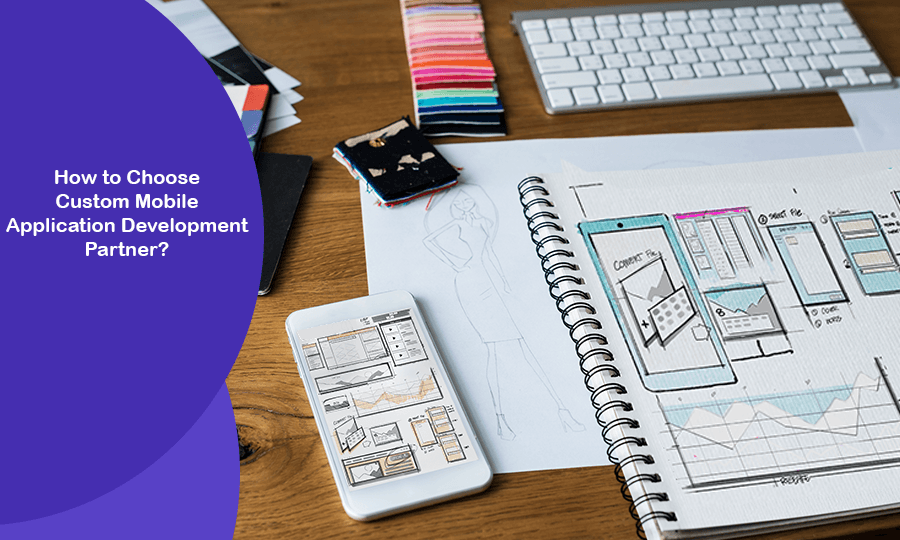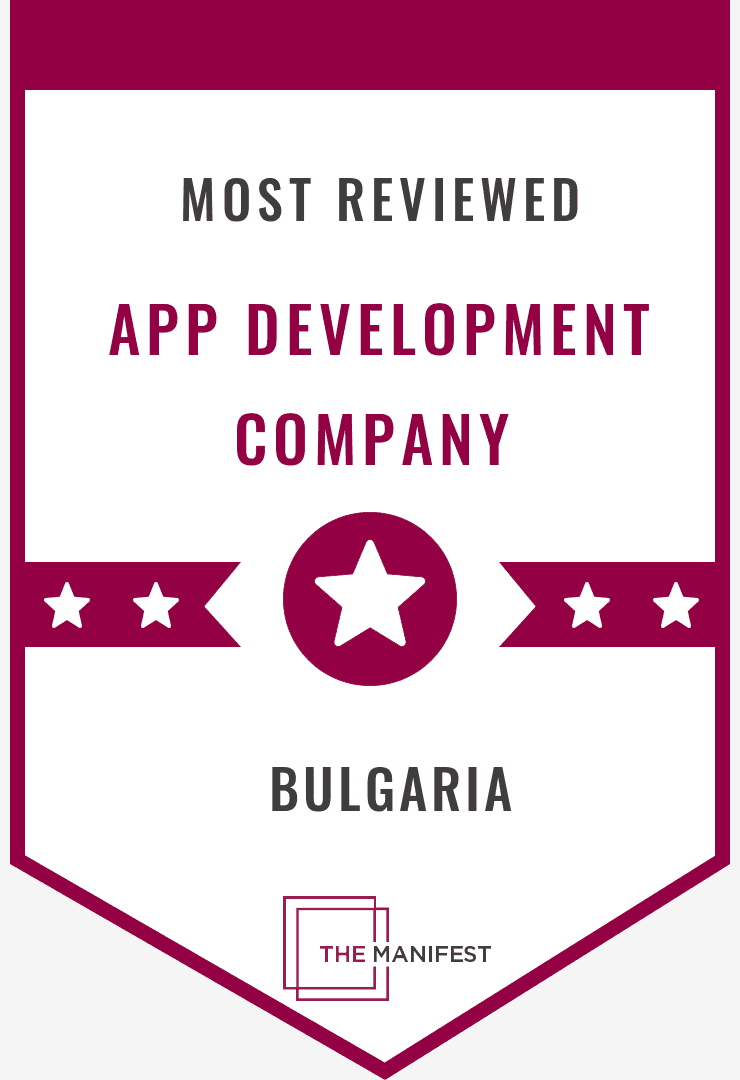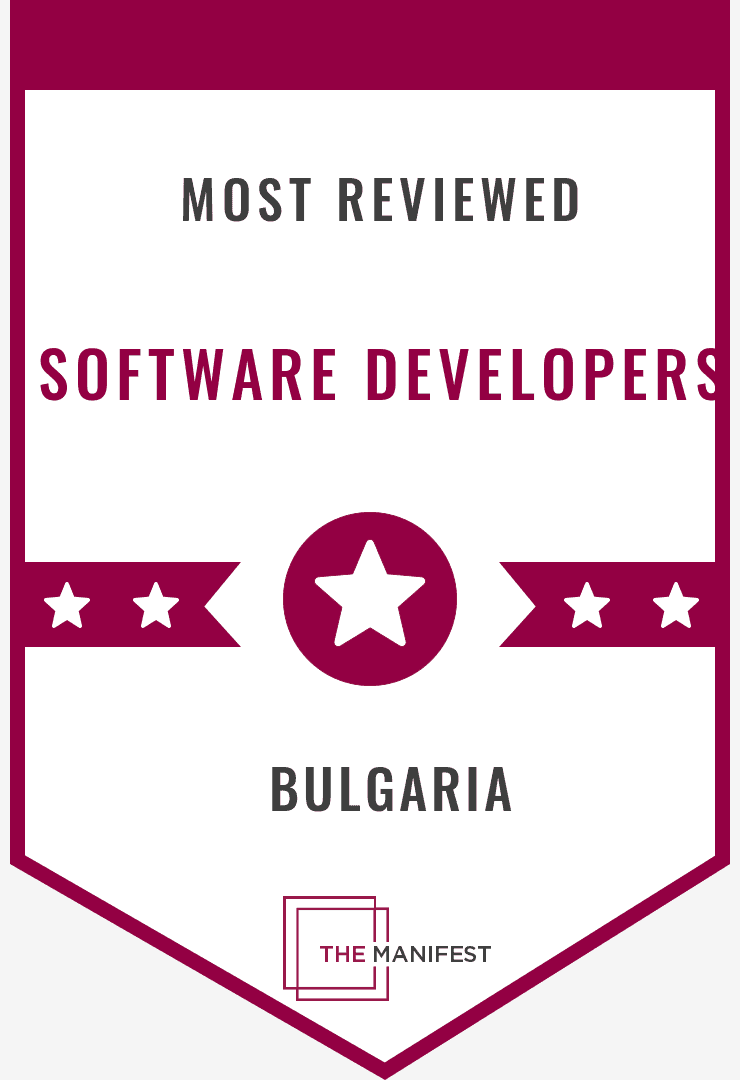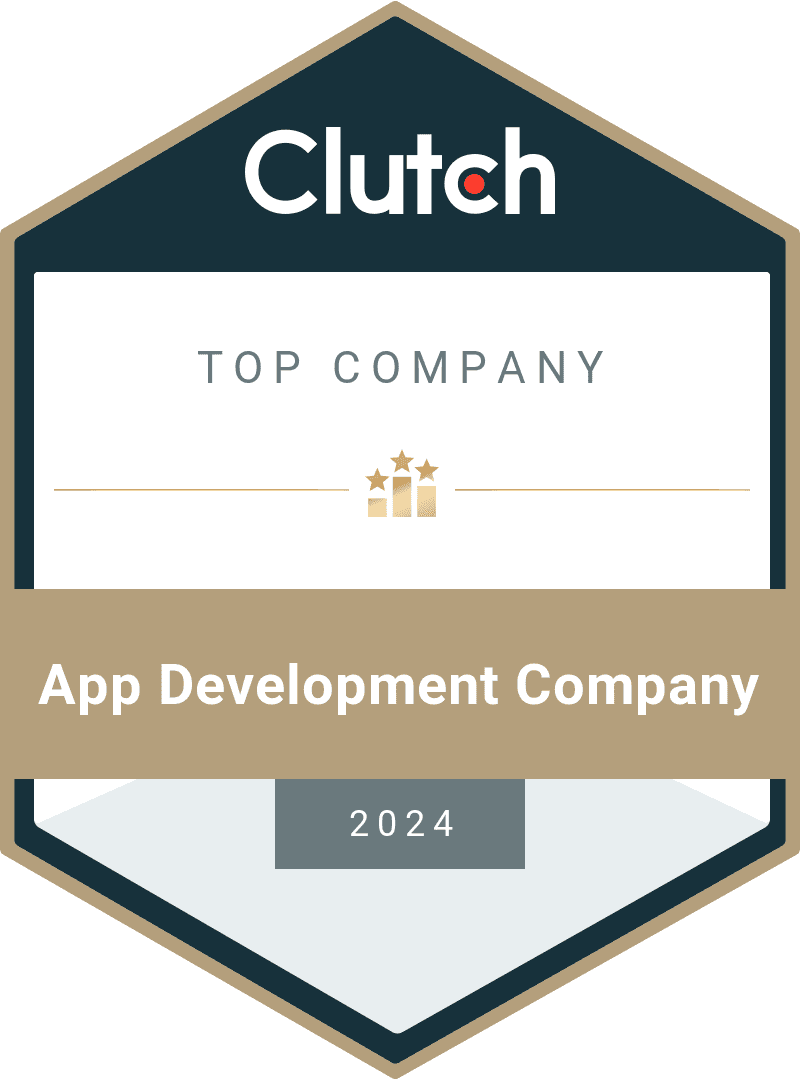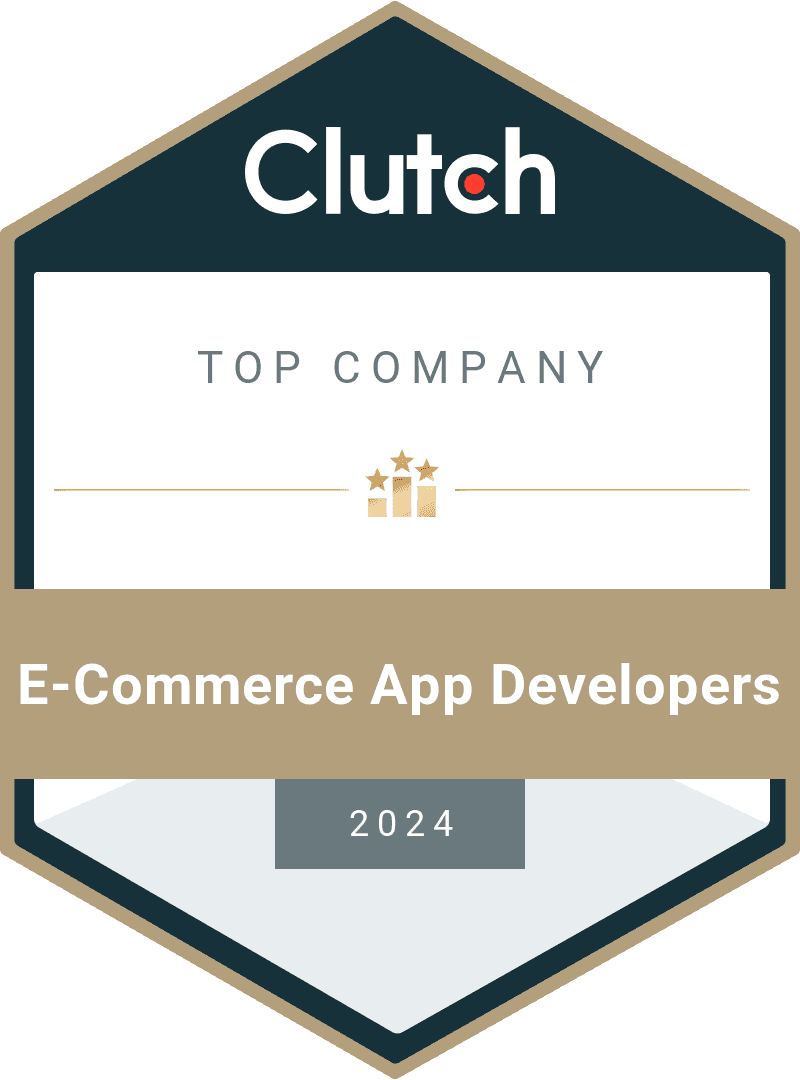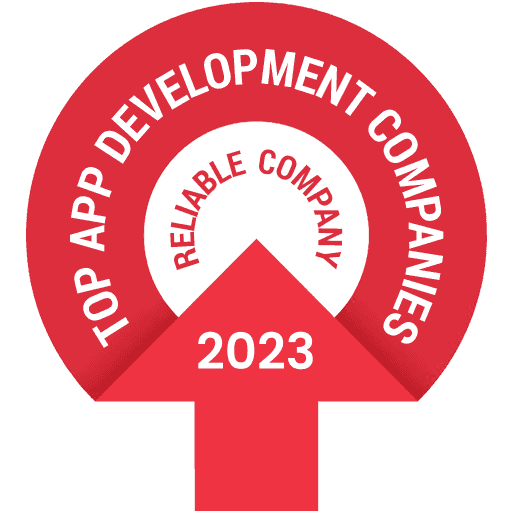Selecting a suitable custom mobile application development partner is a critical step in ensuring the success of a mobile application project. In the contemporary digital environment, businesses require reliable, user-centric, and scalable mobile applications to maintain competitiveness. This document provides guidelines on selecting a custom mobile app development company that aligns with specific business objectives.
1. Project Requirement Identification
Objective Definition
Prior to initiating the search for a custom mobile application development company, it is imperative to establish clear project objectives. Whether targeting Android, iOS, or both platforms, it is essential to determine whether the project involves a simple engagement application or a complex, feature-rich solution. Defining these objectives allows for the identification of development partners that specialize in the required custom mobile app development services.
Core Feature Identification
Key features of the application must be outlined. For instance, in collaboration with a custom Android app development company, it is necessary to ensure that the provider can implement features tailored to Android users. Similarly, if the focus is on iOS, the partner must be well-versed in Apple’s ecosystem. An early identification of these requirements facilitates clear communication with potential partners.
2. Partner Evaluation Criteria
Experience and Expertise
The experience of a custom mobile application development company is a significant factor in decision-making. It is advisable to seek partners with a proven track record in delivering projects of similar nature and complexity. Experience in the relevant industry can be advantageous, as it may indicate familiarity with sector-specific challenges and opportunities.
- Portfolio Analysis: Examination of the company’s portfolio is necessary to assess previous work quality, including user interfaces and overall functionality.
- Technical Proficiency: Verification of the company’s expertise in required platforms and technologies is essential. For example, proficiency in Android development is crucial if custom Android app development services are required.
- Client Feedback: Review of testimonials and case studies is recommended to evaluate the company’s reliability and ability to meet deadlines.

Team Composition
Successful custom mobile app development necessitates a comprehensive team comprising designers, developers, project managers, and quality assurance testers. It is important to inquire about the team members’ roles in the project, ensuring that all aspects of development are adequately covered.
Communication Protocols
Effective communication is vital in custom mobile app development projects. The chosen partner must maintain transparent communication processes and be open to regular updates and feedback.
- Communication Tools: Confirmation that the company utilizes preferred communication tools, whether email, video conferencing, or project management software, is required.
- Project Management Methodologies: Inquiry into the project management methodologies, such as Agile, which facilitates iterative development and regular client feedback, is recommended.
- Cultural Alignment: Consideration of the company’s cultural fit with the client’s organization can enhance collaboration and project outcomes.
3. Technical Capabilities Assessment
Platform Expertise
For projects involving custom Android app development, it is essential to verify the partner’s technical capabilities.
- Native Development: For applications requiring high performance, native development expertise in languages such as Kotlin for Android or Swift for iOS is necessary.
- Cross-Platform Development: For applications targeting multiple platforms, experience with tools like Flutter or React Native is advantageous.
- Backend Development: Robust backend development capabilities are crucial to support the front-end functionalities.
Security Considerations
Security is a critical aspect of custom mobile application development services. Partners must adhere to best practices to safeguard the application and user data.
- Data Protection: The use of strong encryption methods for data protection during transmission and storage must be confirmed.
- Regulatory Compliance: Familiarity with industry regulations, such as GDPR, ensures data protection compliance.
- Security Testing: Regular security testing, including vulnerability assessments, should be a standard practice.
Quality Assurance Protocols
Quality assurance is an integral component of custom mobile app development. A dedicated QA team must test the application at various stages to ensure the final product is free of defects and functions as intended.
- Testing Procedures: The company’s testing methods, including manual, automated, and performance testing, should be reviewed.
- User Testing: User testing should be conducted to gather feedback from actual users and identify usability issues.
- Post-Launch Support: Availability of post-launch support to address any arising issues is crucial.

4. Financial Aspects
Budget Considerations
Alignment of the project budget with the services offered by the custom mobile application development company is essential. While cost is a significant factor, it is important to balance it with quality.
- Pricing Transparency: The company should provide transparent pricing with a detailed cost breakdown to avoid hidden fees and facilitate budget management.
- Flexible Pricing Models: Consideration of pricing models such as fixed-price, time and materials, or dedicated teams, depending on the project’s scope and budget, is recommended.
Return on Investment (ROI)
Beyond the initial cost, the long-term ROI of the mobile application should be considered. A well-developed application can significantly enhance customer engagement, sales, and brand loyalty.
- High-ROI Solutions: The ability of the partner to deliver a high-ROI solution, through a combination of technical expertise and alignment with business goals, should be evaluated.
5. Long-Term Partnership Considerations
Ongoing Support and Maintenance
The development of a mobile application extends beyond its initial launch. Ongoing support and maintenance are critical to ensuring the application remains functional, secure, and up-to-date.
- Maintenance Services: The company should offer maintenance services, including regular updates, bug fixes, and performance improvements.
- Scalability: The partner should have the capability to scale the application as the business grows, adding new features or expanding capabilities as required.
- Dedicated Support: The availability of dedicated support, with a specific point of contact for post-launch issues, is essential.
Innovation and Future-Proofing
The mobile application industry is rapidly evolving, with new technologies and trends emerging frequently. The chosen partner should demonstrate an ability to stay current with these developments and proactively suggest innovative solutions.
- Modern Technology Stack: The use of a modern technology stack that can integrate with new tools and platforms is recommended.
- Future-Proofing Strategies: The partner should have strategies in place to ensure the application remains compatible with new devices, operating systems, and security standards.
- Commitment to Innovation: The partner should be committed to continuous improvement and innovation to maintain the application’s competitiveness.
6. Final Decision-Making Process
Conducting Partner Interviews
Conducting interviews with potential partners is necessary before making a final decision. This process provides a deeper understanding of their capabilities, communication style, and cultural fit.
Contract Review
Prior to finalizing the partnership, a thorough review of the contract is required. The contract should include all agreed-upon terms, including deliverables, timelines, pricing, and post-launch support. Legal consultation is advised to ensure the client’s interests are protected.
Relationship Building
Establishing a strong relationship with the chosen development partner is crucial for project success. Open communication, regular feedback, and collaborative work are essential components of a successful partnership.
Final Thoughts on How to Choose a Custom Mobile Application Development Partner
The process of selecting a custom mobile application development partner requires careful consideration of various factors, including experience, technical proficiency, communication capabilities, and long-term support services. By following these guidelines, businesses can identify a suitable partner that meets their specific needs, ensuring the successful development and deployment of a mobile application that aligns with business objectives.
Relevant Articles:

